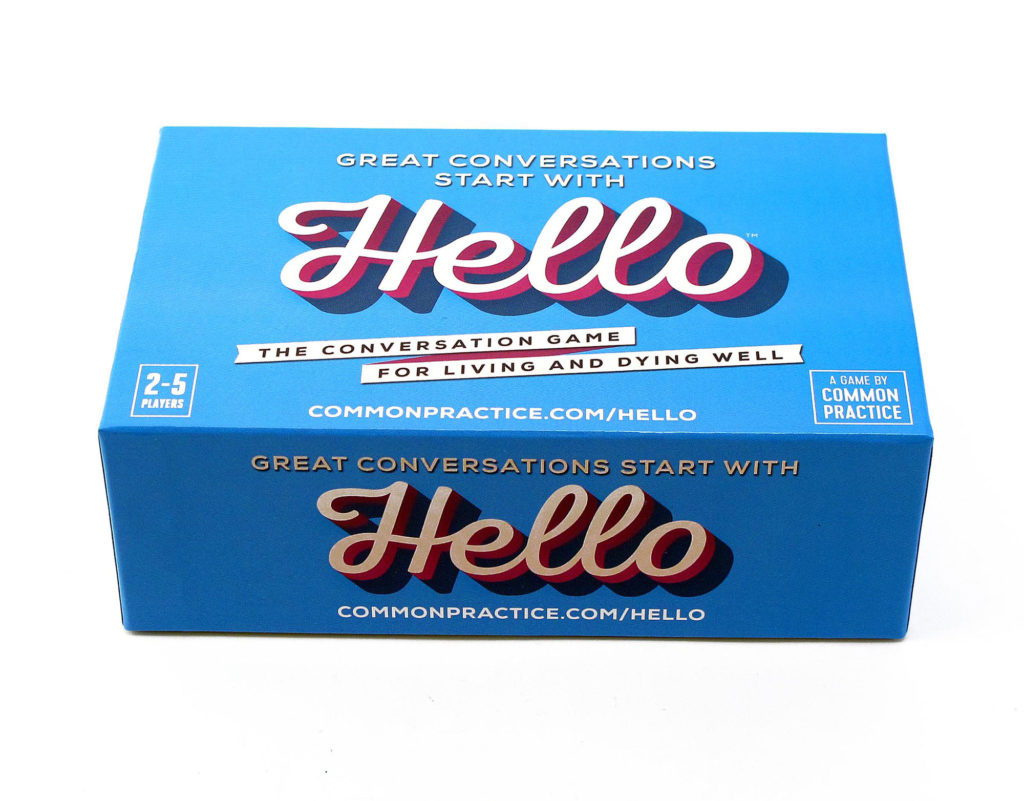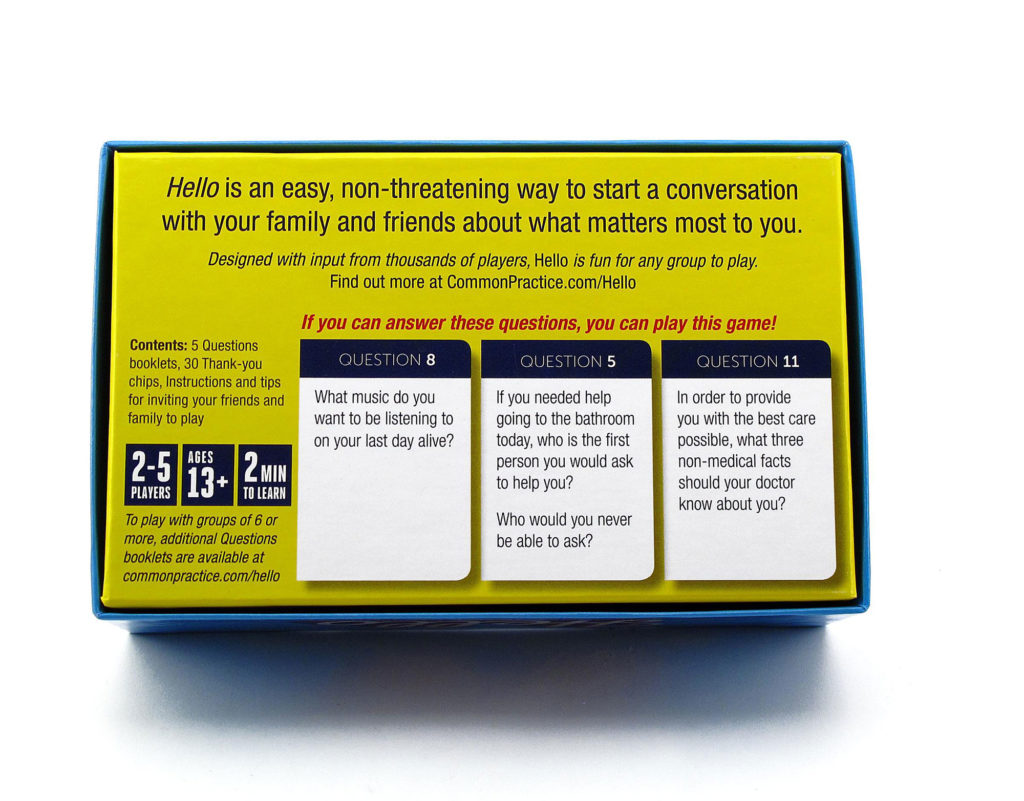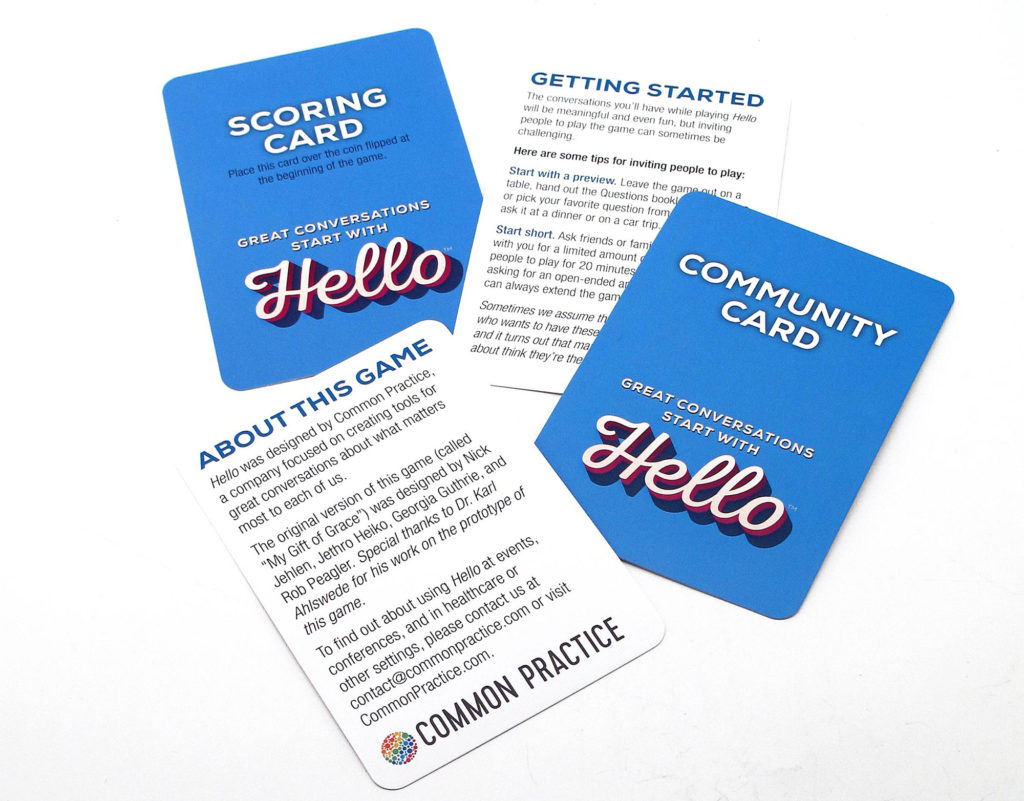Improving end-of-life decision-making with a multidisciplinary approach
Penn State College of Medicine is home to a multidisciplinary group of researchers and clinicians working in the areas of advance care planning and surrogate decision-making. The research team is co-led by Drs. Benjamin Levi and Michael Green, physicians and bioethicists who have collaborated for more than 25 years. The team is broad and eclectic, including primary care and subspecialist physicians, nurses, lawyers and people with expertise in public health, policy, philosophy and mixed-methods research.
About the research
Using a variety of research methods, the advance care planning team studies ways to improve communication and decision-making at the end of life, combining quantitative and qualitative tools.
This research has been funded by grants from the National Institutes of Health, the American Cancer Society, the Greenwall Foundation and others.
The team has developed a variety of interventions for both patients and family caregivers, including Living Voice (formerly Making Your Wishes Known), an online advance care planning decision aid that has been evaluated in several clinical trials among diverse populations.
The group also studies how serious games impact communication and behavior – including a conversation game called “Hello,” which is widely used to engage people in vibrant discussions about end-of-life issues.
Team members enjoy collaborating with other researchers and welcome opportunities to learn about their work.
My Living Voice
The group developed an online tool for advance care planning that helps patients prepare to make informed medical decisions in the event that they become unable to speak for themselves. Called My Living Voice/Making Your Wishes Known, the decision aid has been studied in diverse populations and been found increase knowledge and confidence without any adverse psychological effects.
The background image is A photo of someone playing the "Hello" conversation game about end-of-life planning shows a close-up of their hands holding a small booklet with questions about what the player hopes to accomplish and what they would write as their epitaph.
“Hello” conversation game
The group also studies the impact of an end-of-life conversation game called “Hello” that was designed by Common Practice, LLC.
The team’s work has shown that “Hello” is a feasible and acceptable way to engage people in talking about end-of-life issues across numerous diverse populations.
In the process, the team has collaborated with the Hospice Foundation of America to establish a community-based delivery model involving trusted community networks.
Research via these networks has shown that Hello stimulates high-quality and meaningful conversations about end-of-life issues and is associated with high rates of subsequent advance care planning behaviors (such as completing an advance directive or discussing end-of-life issues with loved ones).



The background image is A staged image showing pieces from a game titled "Who would you choose" about advance directives. It includes a spinner, instructions, various paper pieces, markers and dice.
Barriers to effective planning (spokesperson game)
The group has been interested in addressing barriers to effective advance care planning, and toward this end, has been developing an interactive game to help individuals choose the right person to serve as their spokesperson for health care decisions.
The “Who Would You Choose?” game (in the early stages of development) is designed to be fun and socially engaging and will be studied among a variety of diverse populations.
Help for surrogate decision-makers
The team is also conducting an analysis of how family caregivers understand and experience surrogate decision-making for loved ones who have advanced life-threatening conditions. Using mixed methods, this project analyzes quantitative data (about family caregivers’ anxiety, stress, personality type and communication preferences) and qualitative interview data (about their experience with surrogate decision-making) to develop a more complete picture of the decision-making process.
Multiple goals communication
The background image is An abstract background image based on Penn State's signature shield shape
